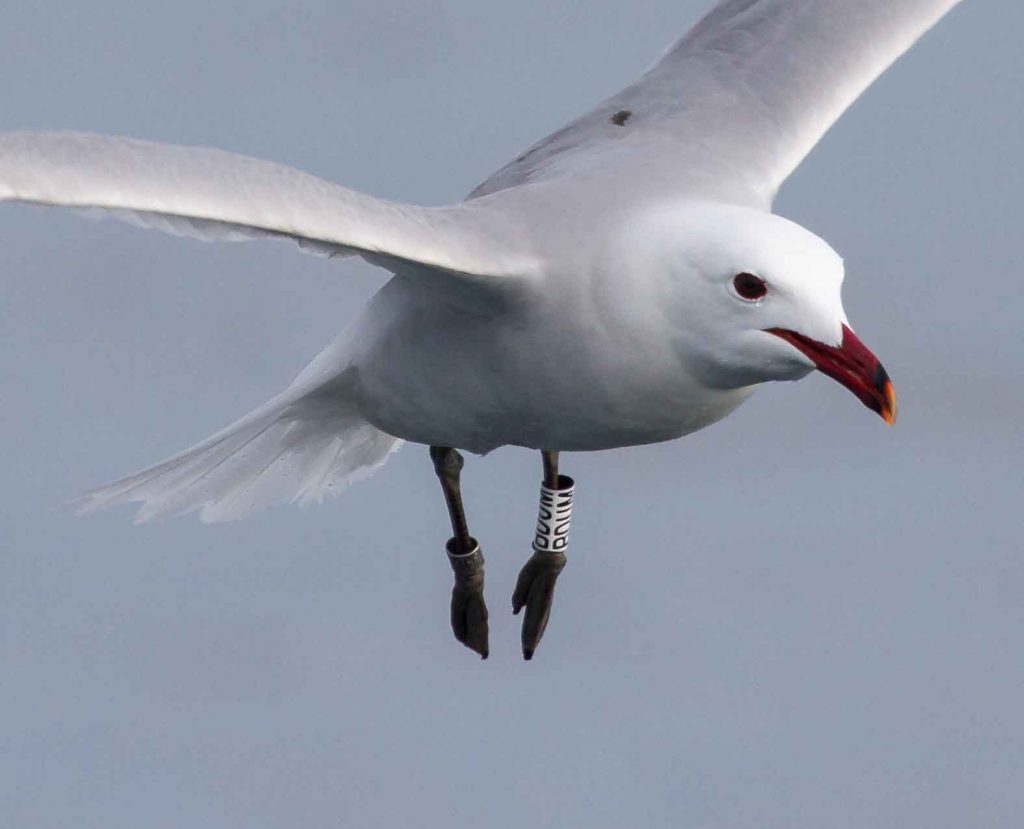
Under the current global change scenario, it is essential to understand how individuals and populations are affected and how they respond to perturbations. Additionally, improving quantitative criteria to assess the conservation status of species and populations are needed to optimize the prioritization when using public resources and maximize our ability to anticipate and predict biodiversity loss. Resilience is the ability of a system to buffer external disturbances and not collapse. Several factors may affect the ability to respond and counterbalance a perturbation, and that capacity determines the resilience of populations. Resilience will likely depend on both the life history of the species, and the type and magnitude of perturbations. Another issue that is usually missed when assessing the effect of perturbations on populations is individual heterogeneity, since all individuals in a population are usually considered identical. Moreover, much of ecological theory and analytical tools for Conservation Biology are based on the idea that the observed states and dynamics of ecological systems can be represented by stable asymptotic behavior of models describing such systems. In contrast to the implied long time scales of asymptotic behavior in mathematical models, both observations of ecological systems and questions related to the management of populations under perturbations are typically focused on relatively short time scales, when transient phenomena occur. To understand and consider these transient dynamics is crucial if we aim to improve our precision and predictability in conservation biology. We will use demography as a natural scientific framework to develop a new integrative conceptual and analytical framework to understand transient dynamics and quantify resilience in natural populations. With this project, we specifically aim: a) to determine the role of individual heterogeneity in population dynamics, b) to analyze and understand transient dynamics under different types of environmental perturbations, c) to quantify resilience and improve current conservation criteria for the management of biodiversity. To accomplish these objectives, we will combine theory and empiric analyses to analyze the transient and asymptotic dynamics and the resilience of populations subjected to perturbations. The project will take advantage of the long term demographic monitoring of two seabird species (more than 4 decades of individual data and more than 50000 individuals marked). These species are two excellent case studies since: (i) they have experienced different types of anthropic perturbations, with some local populations gone extinct; (ii) they show strong individual heterogeneities in fitness traits, some due to personality traits. Additionally, we will simulate transient dynamics and quantify resilience in other species and populations with different life histories and individual heterogeneities, and affected by other types of perturbations. To help developing this
new Conservation Demography framework and to provide unified conservation criteria for all EU State members, we have reunited an outstanding Working Team and we aim to launch the International Network of Conservation Demography Research Expertise. The
development of this new integrative conceptual and analytical framework should allow us to improve the reliability of our conservation diagnosis and our predictive capacity in Population Ecology and Conservation Biology.

